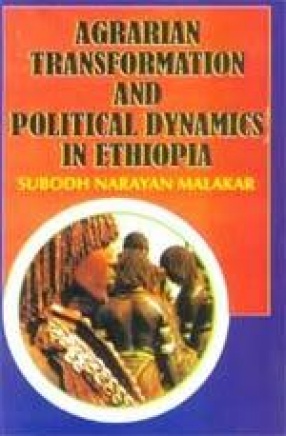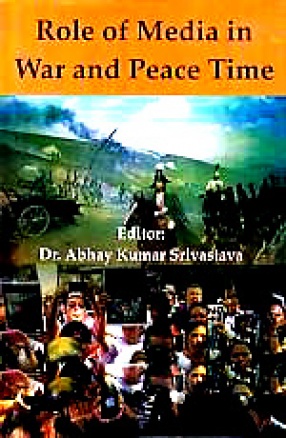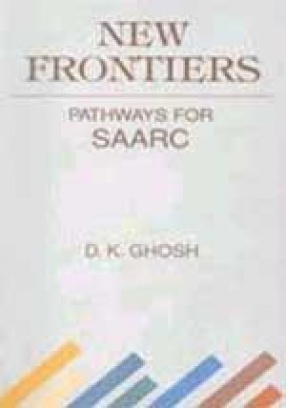This book Agrarian Transformation and Political Dynamics in Ethiopia is an attempt to analyse extensively the political the dynamic of agrarian transformation in Ethiopia during the Feudo-Monarchic and socialist period. However, significant developments have occurred in 1991. The socialist government was overthrown, and Eritrea, a new state, came into existence in 1993 by achieving independence from Ethiopia. The new Ethiopia is established as the Federal Republic of Ethiopia (FDRE). This study throws light on the changing agrarian scenario and social and political matrix of pose socialist Ethiopia (excluding Entea). This study is forcusing on changing agrarian scenario, social and political matrix of post socialist Ethiopia (excluding Eritrea). About eighty percent population of Ethiopia is dependent on subsistence agriculture. Therefore, the agrarian question emerges as the central issue in the economic development of the country. Agriculture has been not only the backbone of the economy but also the agrarian issues have dictated the dynamics of polity including the nature of state in Ethiopia. From feudo-Monarch to socialist system and lastly from socialist system to ethnic federalism, Agrarian transformation has reflected definite policy formulations and its regulations. Agrarian transformation basically includes the issues of land and its ownership system, land production and its distribution patternand the most crucial factor relations among the socio-economic forces involved in the process of production and its transaction. Thus, the politics of Ethiopia hinges round the key factor of land. Consequently, land has occupied the pivotal position in the Ethiopian social and political life. The land tenure system determined the class nature of Ethiopian polity. Changes in land relationship resulted in constitutional amendments, centralization of power, modifications in parliamentary framework and ultimately, transformation in political system. Land production provide the basic requirement of material life and thus constituted the major part of the subsistence economy. Thus the agrarian transformation and political dynamics have the close relationship which has been focused extensively with a historical perspective.
Role of Media in War and Peace Time
$59.40
$66.00





There are no reviews yet.